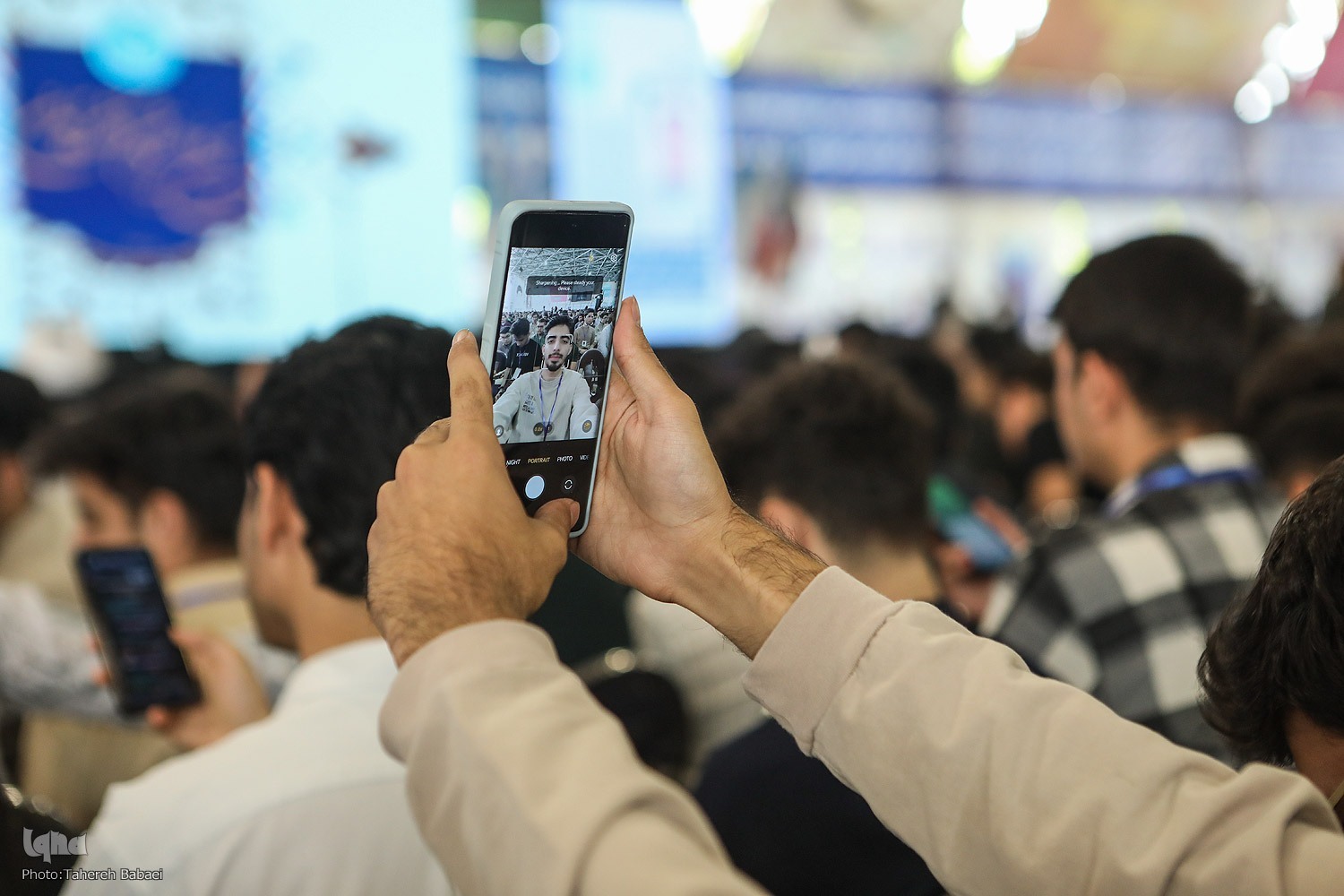Expert Urges Parents to Guide Teens Through Social Media, Not Control Them

Naser Shafiei, a psychologist and researcher on adolescent behavior, told IQNA that parents must replace the idea of “training” their teenagers with “interaction.” He explained that the term training often provokes resistance, while interaction means accompanying them with understanding.
“Teenagers hate being lectured or blamed,” Shafiei said. “Imam Ali (peace be upon him) advised, ‘Do not reproach others too much, for it leads to hostility and resentment.’ The same applies to our teens — constant criticism only pushes them away.”
He said that one of the main reasons young people turn to their friends and online communities is that they find acceptance there. “Their friends don’t criticize them. They listen. Parents should create that same feeling of acceptance at home,” he added.
Shafiei emphasized that parents who wish to communicate effectively must first “understand the world their teenagers live in.”
Read More:
Without familiarity with social media platforms like Instagram, he warned, “there will be no shared understanding, and conversations will fail.”
He cited research from Western universities showing that 45 percent of adolescents report feeling lonely despite living in a hyper-connected world. “Social media, while offering endless information, is creating a generation that feels empty and disconnected,” he said.
According to him, social media now plays a central role in shaping a teenager’s identity — a process once guided by family and community. “If this influence is not managed, their identity may form incompletely and harm them in adulthood,” Shafiei noted.
He cautioned parents that managing digital exposure does not mean banning it. “You cannot delete social media; you must learn to manage it,” he said. “Management starts with you. Education is visual, not auditory — your children learn from what you do, not what you say.”
Read More:
Shafiei advised parents to set an example by limiting their own screen time. “If I carry my phone around the house or even take it to the bedroom, I cannot tell my child not to do the same,” he said.
He also warned that excessive social media use disrupts teenagers’ sleep and behavior. “When sleep is disturbed, the body and mind lose balance. That’s when we see irritability, aggression, or strange behavior,” he explained.
To reduce anxiety and stress among teenagers — problems he said are intensified by digital addiction — Shafiei recommended helping them express their thoughts in writing. “Writing slows down the flood of thoughts and prevents them from turning into impulsive actions,” he said.
Shafiei called on families to “strengthen emotional connections within the home” and create structured, loving environments where faith and empathy guide behavior. “Talk to your teenager with the understanding of their time,” he said. “If you do, they will listen.”
4315013



